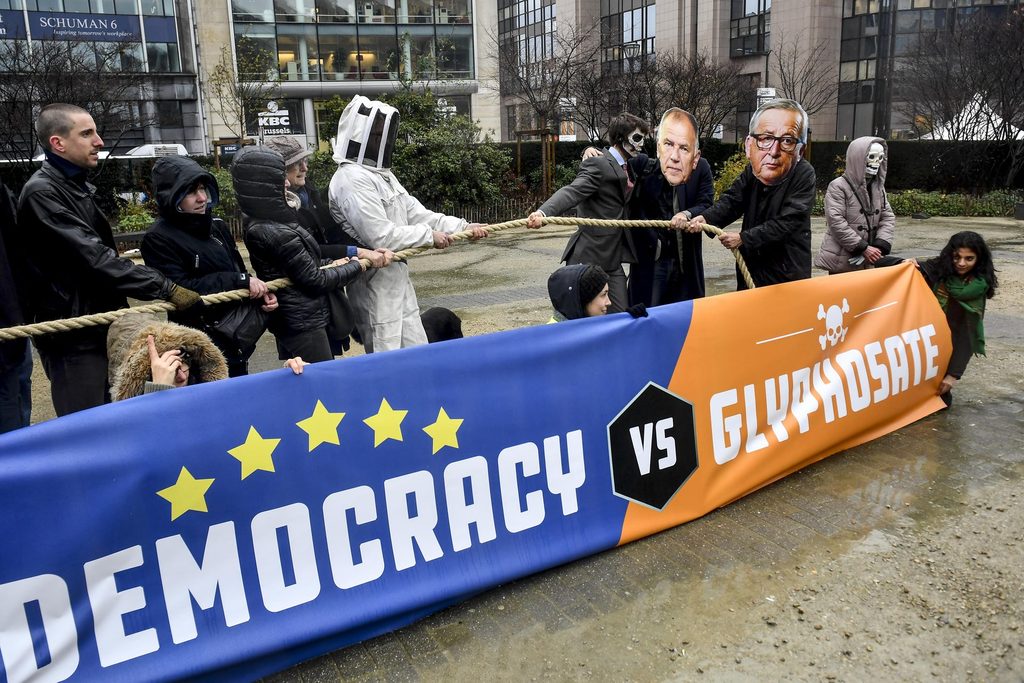A potential EU ban on a controversial herbicide is threatening one of Antwerp's leading agricultural plants with hundreds of job losses.
In October, the EU is expected to rule on the renewal of the approved sale of glyphosate, a weed-killing chemical produced by German conglomerate Bayer at a factory based near the Flemish city's port.
The plant, which is one of four Bayer-owned glyphosate production facilities, employs 730 people and exports the chemical all over the world.
Bayer's fears have been compounded by the fact that recently passed legislation proposed by Belgian Health Minister Frank Vandenbroucke and Environment Minister Zakia Khattabi explicitly forbids the export of banned EU substances outside Europe.
"From Antwerp we export the product to Europe, Asia and Africa," the company's Head of Sustainable Operations Marc Sneyders told De Tijd. "With the EU ban, the European market would disappear. With the new Belgian legislation, exports outside Europe will also be jeopardised."
A controversial chemical
Glyphosate is the key ingredient in Roundup, a popular mass-produced herbicide originally created by US agricultural giant Monsanto in the 1970s. Bayer, which employs 101,000 employees worldwide and whose annual revenue exceeds €50 billion, acquired Monsanto for $63 billion in 2018.
The chemical's impact on humans has long been a matter of intense contestation. In 2015, the International Agency for Research on Cancer (IARC), the specialised cancer agency of the World Health Organization (WHO), concluded that glyphosate is "probably carcinogenic to humans".
Conversely, in 2020 the US Environmental Protection Agency (EPA) reported that glyphosate "is unlikely to be a human carcinogen" and generally poses "no risks of concern to human health".
That same year, however, Bayer paid out more than $10 billion to settle cases brought against it by more than 95,000 plaintiffs who argued that glyphosate did, in fact, cause a form of cancer known as non-Hodgkin's lymphoma. Bayer did not admit any wrongdoing or liability in the settlement.

Not only a threat to human health, glyphosate can cause considerable damage to ecosystems. Credit: Canva
In a potential boon for Bayer, just two months ago the European Food and Safety Authority (EFSA) published a peer-reviewed study which, much like the EPA, found that glyphosate "is unlikely to be carcinogenic for humans".
"The currently available human epidemiological studies do not provide conclusive evidence that glyphosate exposure is associated with any cancer-related health effect," the report concluded.
Bayer's share prices have nosedived since purchasing Monsanto five years ago. The Leverkusen-based company's shares are currently selling for approximately €50 apiece: less than half the amount in 2017.

